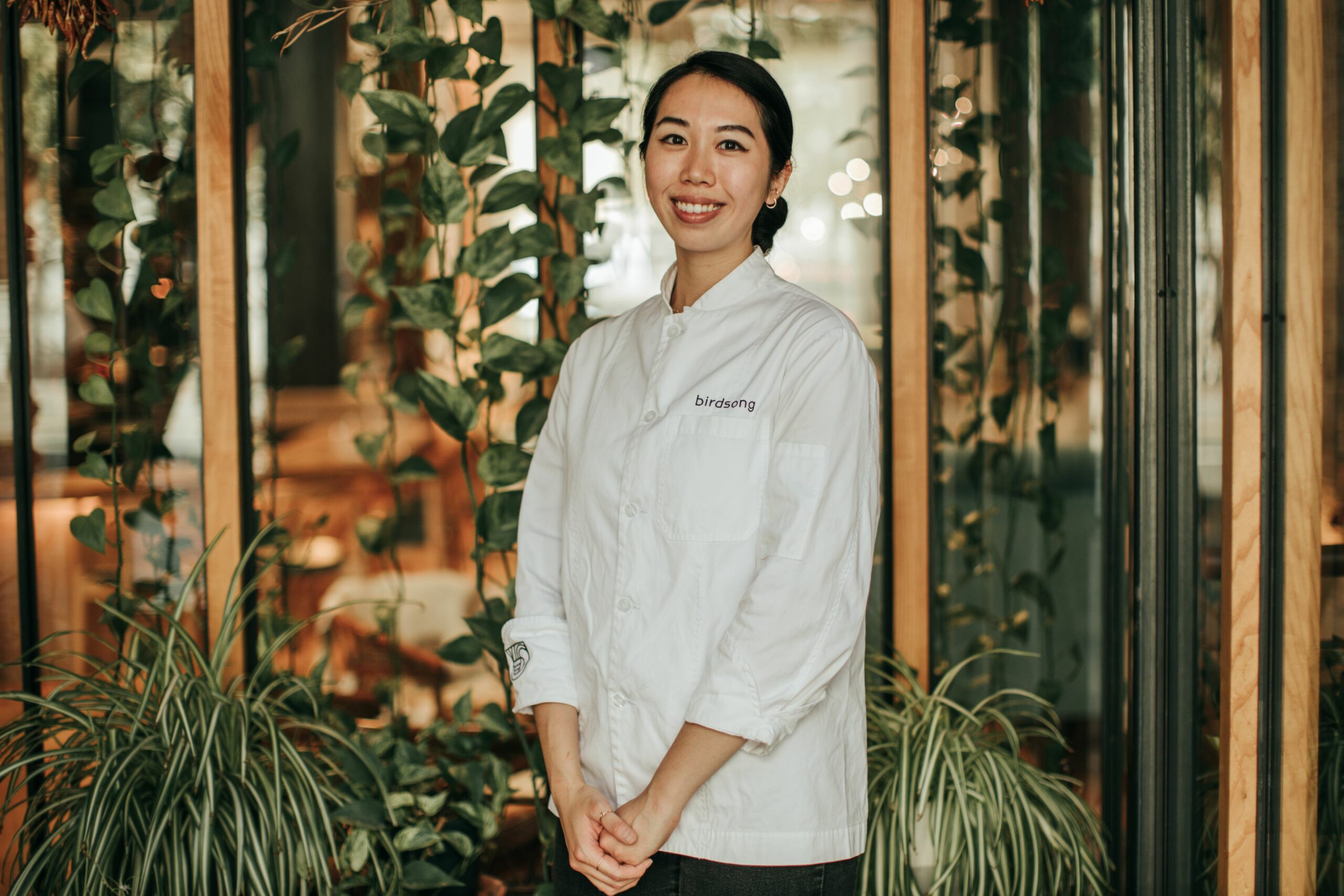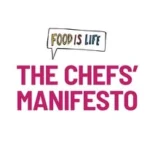It was, by reputation, one of the hardest professional environments in the city and arguably, the country. Surviving it was, in some ways, a badge of honour.
Many of the chefs I worked with there have gone on to lead well-respected kitchens of their own. Some of them have left the industry completely. Telling.
As a young cook, I thought of this little phrase as my cheat code – the way I would find success in an industry I was thrilled to be let into. To some extent, I was protected by my naïveté. Seen in another light, it conflated my idea of professionalism with a profound disregard for my health.
I have come to recognise the harm that this sort of thinking perpetuates. Taken to one extreme, it places the demands of an organisation over the most basic needs of the people who hold it up. Yet, it’s a terrifyingly good summary of the type of self-neglect that certain parts of the restaurant industry considers an integral part of its culture – the very reason it survives.

I have by no means transcended this way of thinking. It’s a hard one to shake with few obvious models to look to an alternative vision of thriving. Instead, I have had to reframe its meaning. The ‘toughness’ is now resilience, the shutting down of ‘complaints’ is now a willingness to communicate constructively at the right time, the lack of care for my own physical needs is now a deeper ability to listen to my body.
This World Health Day for the Chefs’ Manifesto, I recognise the work, discipline and sacrifices of my colleagues who feed their communities. Thank you, to all my extended restaurant family, for your dedication. The work of providing food and experiences around food requires intense mental, emotional and physical labour. It is often the type of thing we are devoted to in ways that make it hard to step away. There is satisfaction derived from the struggle, and meaning-making in the pain. I do not discount any of the complexities.
I instead present the opportunity to even just contemplate giving from a place of abundance – knowing that the demanding work of serving and caring for others has the potential to be far more transformative when it is sustainable (in every sense of the word).
Within this industry that is, at its heart, built on service and generosity, I have had to learn (and relearn and relearn) that there may be an even deeper mastery of the craft and gratification when there is greater consideration for all involved – the recipient and the giver.
We are an industry made up of the latter, but we need to learn how to feed ourselves well too. And as with any task, that takes time. It takes systems and muscle memory and willpower. All of which we already have and know how to create.
But today, of all days, take a second. Breathe. Rest. You are inherently the gift, as much as you are the giver.

Zoee’s disclaimer: This entirely reflects my personal experience within the small segment of the restaurant industry I have worked in. It is by no means definitive but, an open sharing of what I’ve struggled with. It is meant as a source of encouragement and empathy, not prescriptive advice. Add pinches of salt to your taste.
To celebrate World Health Day on 7 April, the Chefs’ Manifesto is excited to amplify the voice of Chef Zoee Wong speaking to Thematic Area 3: Investment in Livelihoods.
Chef Zoee, from Kuala Lumpur, Malaysia, earned her two Diplomas; Grand Diplôme® and another in Culinary Management from Le Cordon Bleu, London, in 2014. Since then, she has had positions at illustrious eateries like Nobu in Kuala Lumpur, Saison in San Francisco, Nouri in Singapore, and now Birdsong in San Francisco.
Chef Zoee is so committed to creating resilient food systems for all, especially the most vulnerable communities. Using her platforms and industry experience, she has led and supported charitable food aid activities, bringing together chefs and restaurants in Malaysia.
Follow Chef Zoee on Instagram.

